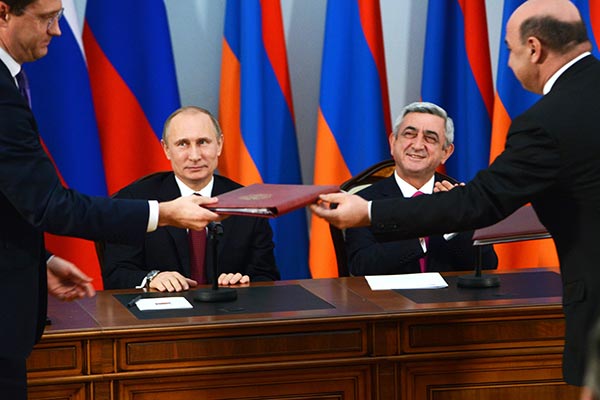Following the Turkish shooting down
of a Russian fighter bomber that supposedly violated Turkish airspace, the
current situation in Syria and Iraq has taken a drastic turn. The increasingly
heated rhetoric between nations involved in the Syrian conflict highlights the
dangers that the United States will experience in the future and it seems the
only group to benefit is the Islamic State.
Russia stated today that it plans on deploying
its highly advanced S-400 to Syria in order to protect its military assets in
the region. The S-400 is an extremely capable system that has a range of 400
kilometers, effectively controlling portions of Turkish air space as well.
The major issue in the growing
conflict between Turkey and Russia is whether Syrian dictator Bashar al-Assad
will be able to stay in power. Russia fears the loss of yet another ally in the
region and the access to the only warm water port it can use, while an
increasingly confident Turkey is seeking to shape the outcome of its neighbors.
Russia
has not only deployed the S-400 in the region, but has other cards at its
disposal in order enact revenge on Ankara. One of the major methods that will
be implemented in retribution over the downing will be the energy sector.
Russia can easily turn off the valves for Turkey, as Turkey is heavily reliant
on Russian oil. Mutual development in the energy sector has already been
targeted by Moscow, with plans for a nuclear power plant and the development of
an oil pipelines between the two countries being listed as possible points for
revenge.
Lastly,
the vital tourism sector in Turkey will come into scope if de-escalation or de-conflicting fails. The Russian government has already warned its citizens about
the supposed dangers of a trip to Turkey, and many Russian travel agencies have
stopped offering vacations to Turkey. As the largest number following German
tourists comes from Russia, this will be drastic on the Turkish economy.







